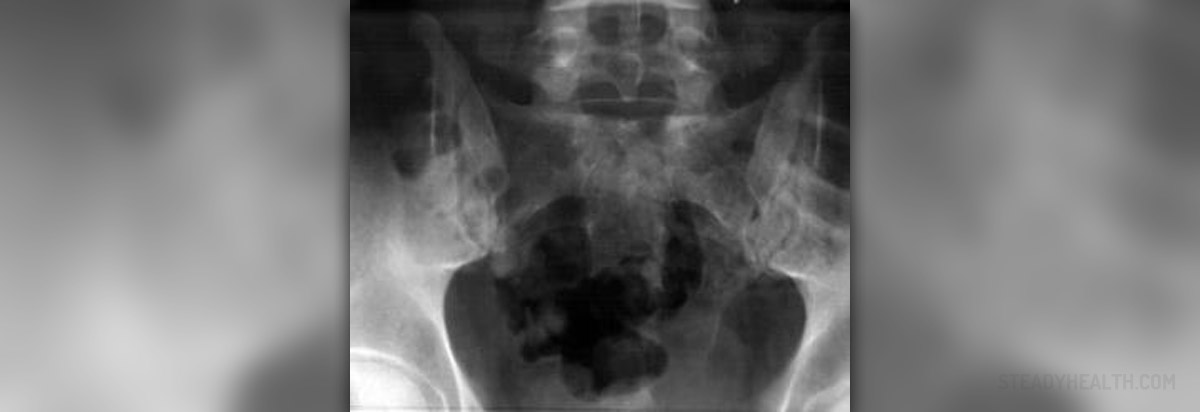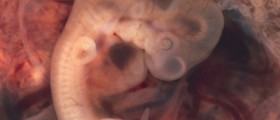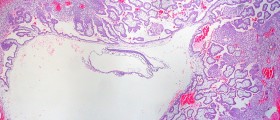
PID - Pelvic inflammatory disease
Pelvic inflammatorydisease (PID) is a sexually transmitted infection caused by bacteria, most commonlychlamydia, spreading from the vagina or cervix into the uterus, Fallopian tubes, and sometimes ovaries. PID can also be caused by gonorrhea. There arecases of PID those were not caused by a sexually transmitted disease, and theyare related to the period after childbirth and the insertion of a contraceptiveintrauterine device.
The condition is mostcommon in sexually active women aged 15 to 24.
Women who have recentlyhad an abortion or a procedure to the uterus; women who frequently change sexualpartners, or these who have already had PID or another sexually transmittedinfection, are at a higher risk of getting PID.
Symptoms of PID
The common symptoms ofPID include mild to severe pain in the lower abdomen area, lower back pain,fever, painful intercourse, abnormal vaginal discharge, or abnormal vaginalbleeding. They can either occur rapidly, causing the person to feel unwell forseveral days, or develop over a period of time. It can take a while before thebacteria are spread from the cervix to uterus, so, some women experiencesymptoms only weeks or months after sexual contact with the infected partner.
Complications
In cases of symptomaticpelvic inflammatory disease, the treatment needs to be administered 2-3 daysafter the first symptoms appear. Some cases of PID are not detected for a longtime, due to the absence of any signs. Although the symptoms may not appear atfirst, the person still faces the risk of developing complications. Earlydiagnosis and treatment are the only way to prevent the following potentialcomplications.
One of five women willend up experiencing chronic pain that can also occur during sexualintercourse. In severe infections, a collection of puss, medically termedas abscess, can appear next to the uterus. Women who have suffered thecase of PID are likely to have difficulties when trying to get pregnant,because pelvic inflammatory disease can cause damage to the Fallopian tubes inthe form of scars. This is a possible scenario even if no symptoms of PIDdevelop. Another consequence of the damage done to Fallopian tubes mightbe an ectopic pregnancy. This is the case of a pregnancy developing inside theFallopian tube instead of the uterus.
Pregnant women with the untreatedPID are at the increased risk of a miscarriage, premature birth, or evenstillbirth. Rarely, Reiter’s syndrome may develop after the episode ofPID. This condition causes eye inflammation and arthritis, and is suspected tooccur as the consequence of the response of the immune system to the infection.

















Your thoughts on this
Loading...